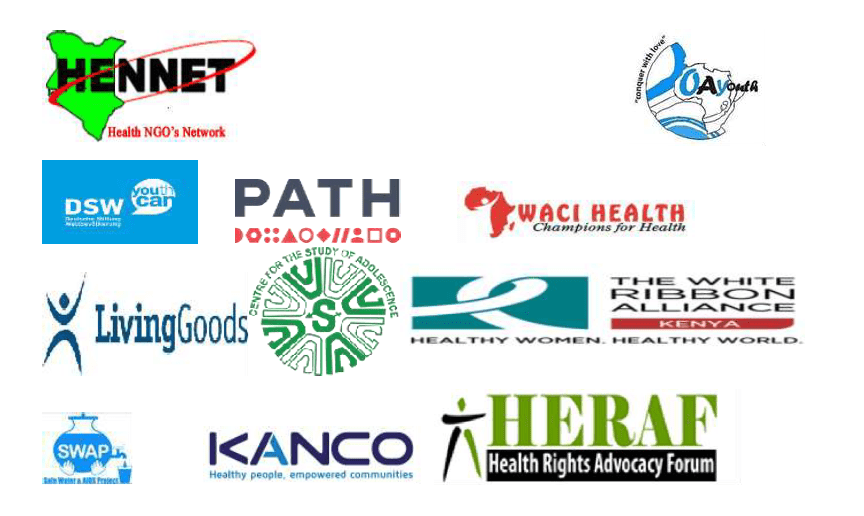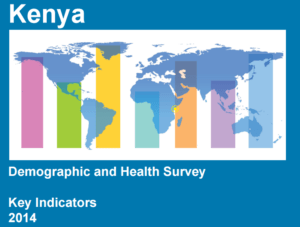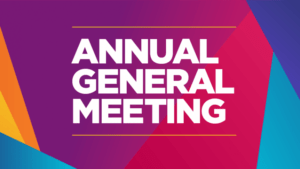A Civil Society Call for Action to Donors Embassies in GFF Countries.
As global civil society (CS) and youth leaders, in Kenya we call on donors and GFF country governments to prioritize gender equality and bolster health care access for women and girls through investing in, and aligning domestic resources to, the Global Financing Facility for Women, Children, and Adolescents (GFF) to fulfill its 2021 resource mobilization goal of USD $1.2 billion and ensure its full resourcing need of USD $2.5 billion by the end of 2025.
A key milestone to advance gender equality and support the GFF Resource Mobilization Campaign is the Generation Equality Forum where partners will rally under a GFF SRHR acceleration plan to be announced in Paris at the end of June. This plan will help increase access to family planning for 25 million additional women and adolescents; integrate SRHR services and catalyze more and better financing in at least 20 countries; advance legal and policy reforms in 10 countries; and scale up financial support to women and youth-led advocacy networks.
The GFF has proven itself a leader in promoting gender equality and the empowerment of women, children, and adolescents. Through its deep-rooted commitment to support and empower countries, including civil society and youth, to strengthen their primary health care systems, the focus has included critical
efforts to promote universal access to sexual and reproductive health and rights (SRHR), tackle inequalities, and shift systems that have the power to enhance women’s choice, bodily autonomy, and agency.
Yet the COVID-19 pandemic threatens this progress and the future livelihoods of the most marginalized, including women and girls. It has sparked a secondary crisis for women, children, and adolescents – which we have seen, first-hand across our countries – for whom essential health services, including SRHR,
have been disrupted as a result of lockdowns, fear of infection, commodities supply chain barriers, and resources diverted elsewhere. As community leaders, we have witnessed how COVID-19 has further exacerbated gender inequities and reduced access to essential services, further underscoring the need to prioritize resources that ensure health access for women and girls now.
Now more than ever, we need to address the COVID-19 crisis through a gender-responsive approach. We know that the GFF, in partnership with civil society and youth, has the potential to ensure that hard-earned health gains are not erased by the pandemic, while supporting and empowering country-led, sustainable health systems for the future. By fully resourcing the GFF, we can:
- support and empower countries to strengthen their health systems by funneling resources to country-led, evidence-based investments, including family planning, reproductive health, and other essential services, such as maternal healthcare, immunizations, and nutrition;
- prioritize gender equality by addressing the underlying structural barriers that limit health access, catalyzing improved health outcomes; and
- ensure women and girls are empowered as leaders in GFF processes at global and country levels, guaranteeing their voices and perspectives are heard and leveraged to drive change.
We commend the leadership and support of donors and country governments who have already committed to the 2021 GFF resource mobilization effort at the launch event in May, including: Canada, Netherlands, Norway, Senegal, and an anonymous international foundation. We urge you to sustain the legacy of hard-won progress toward gender equality and invest in the GFF to ensure a future that delivers health care and rights for all.
Signed,




